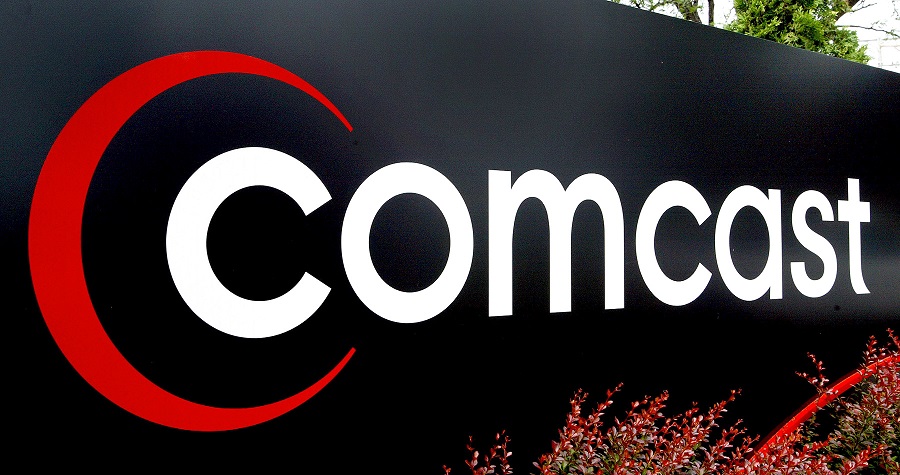Comcast, Data Caps, and a Sliding Scale Policy
My dad pays $60 a month for internet and uses about 20-40GB in data. He doesn’t know to complain to his ISP each year when the initial “promotional rate” is up to get his bill reduced.
I pay $40 a month for internet and use between 250-300GB in data. I complain every year to keep my bill the same price as when I signed up for service.
The odds are pretty good that if Comcast were to introduce data caps into my market, I would be walking the line on hitting them with some regular frequency and charged for these overages. My dad will never hit the cap and will likely happily pay $60 a month with little awareness that there’s even the possibility of incurring an overage charge.
Comcast has recently argued that these overage charges are about keeping things fair, that if I am going to be clogging (using the term loosely here) the network with consistent Netflix streaming, that I should have to pay for my binge-watching sins; as a heavy user, I should pay accordingly. And on the surface, it makes sense, that I would perhaps pay more for internet for moderate to heavy use, especially when compared to my dad, a light user.
But more on the “fair” argument.
If Comcast truly wants things to be fair, users at the lower end of the usage spectrum should thus only be charged accordingly. It’s not fair that people like my dad are paying $60 a month in order to use less than 10% of data as heavy users such as myself. If Comcast wants to charge heavy usage more, than if they really want their commentary about this new policy (or as they argue, newly enforced policy) to resonate, it needs to go both ways.
But that’s not the point. There is no intention to make things fair with these overage charges. The difference between someone using 300GB and 500GB a month is relatively negligible on existing infrastructure. If my neighbor is using 100GB more in data a month than me, I will simply never notice. Collecting upwards of $30 extra a month is a cash grab on heavy users, especially without balancing out this increased revenue by offering less expensive plans for light users.
Comcast has also stated that these overage charges will likely only affect a small percentage of people, but as we’ve argued in the past that this is likely only temporary as data usage continues to increase. With more and more people streaming more movies and TV digitally, it’s only going to be a matter of time before the average consumer hits these caps with relative frequency.
With municipal broadband and Google Fiber all creeping closer in the rear view mirror, it makes sense that Comcast would be fighting for quarterly profit increases in the short term. Competition is going to get fierce in the near future, might as well build a war chest now. But instead of fighting so hard to make a quick buck off of existing customers, wouldn’t the better long term strategy be to try and improve service across the board? Consumers in more competitive markets are occasionally seeing free upgrades in service from Comcast while those regions with fewer choices are seeing customers nickel and dimed across the board, leaving these customers pining for alternatives. And the moment that competition shows up, how much more likely are they to immediately jump ship?

